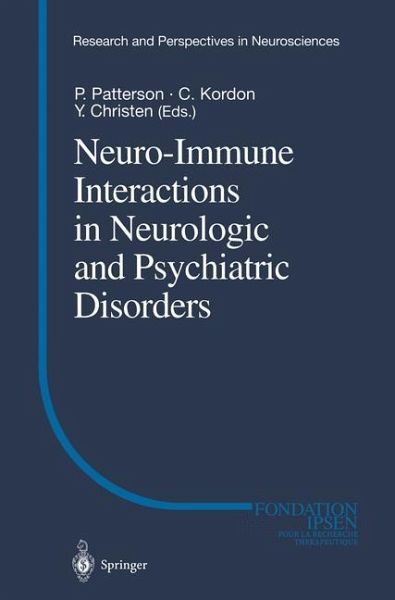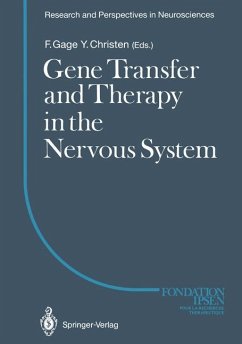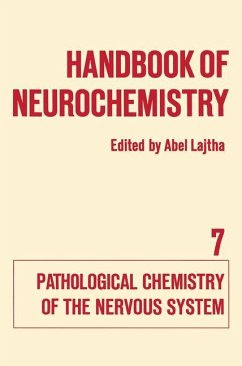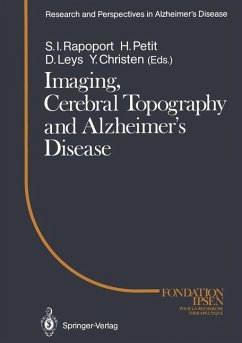
Neuro-Immune Interactions in Neurologic and Psychiatric Disorders
Versandkostenfrei!
Versandfertig in 6-10 Tagen
76,99 €
inkl. MwSt.

PAYBACK Punkte
38 °P sammeln!
The idea that the brain is an "immune-privileged site" has perhaps served to slow our realization that the intact brain can generate its own inflammatory reactions. These responses can be to peripheral infection, or they can arise from local, internal causes, for instance as a response to stress or to the se vere changes in neuronal activity in seizure or the loss of oxygen in stroke. We are also becoming increasingly aware of the contribution of local inflam matory reactions to certain neurodegenerative diseases such as Alzheimer's In fact, evidence is accumulating that inflammatory processes...
The idea that the brain is an "immune-privileged site" has perhaps served to slow our realization that the intact brain can generate its own inflammatory reactions. These responses can be to peripheral infection, or they can arise from local, internal causes, for instance as a response to stress or to the se vere changes in neuronal activity in seizure or the loss of oxygen in stroke. We are also becoming increasingly aware of the contribution of local inflam matory reactions to certain neurodegenerative diseases such as Alzheimer's In fact, evidence is accumulating that inflammatory processes disease (AD). contribute to the progression of AD, suggesting the possibility of using cur rently available or novel anti-inflammatory agents to interfere with this terri ble disease. Correlations are also being made between inflammatory signs and mental illness, which is a new frontier of research. This book presents the current state of knowledge in a variety of areas relevant to neuro-immune interactions, with particular attention to AD.














